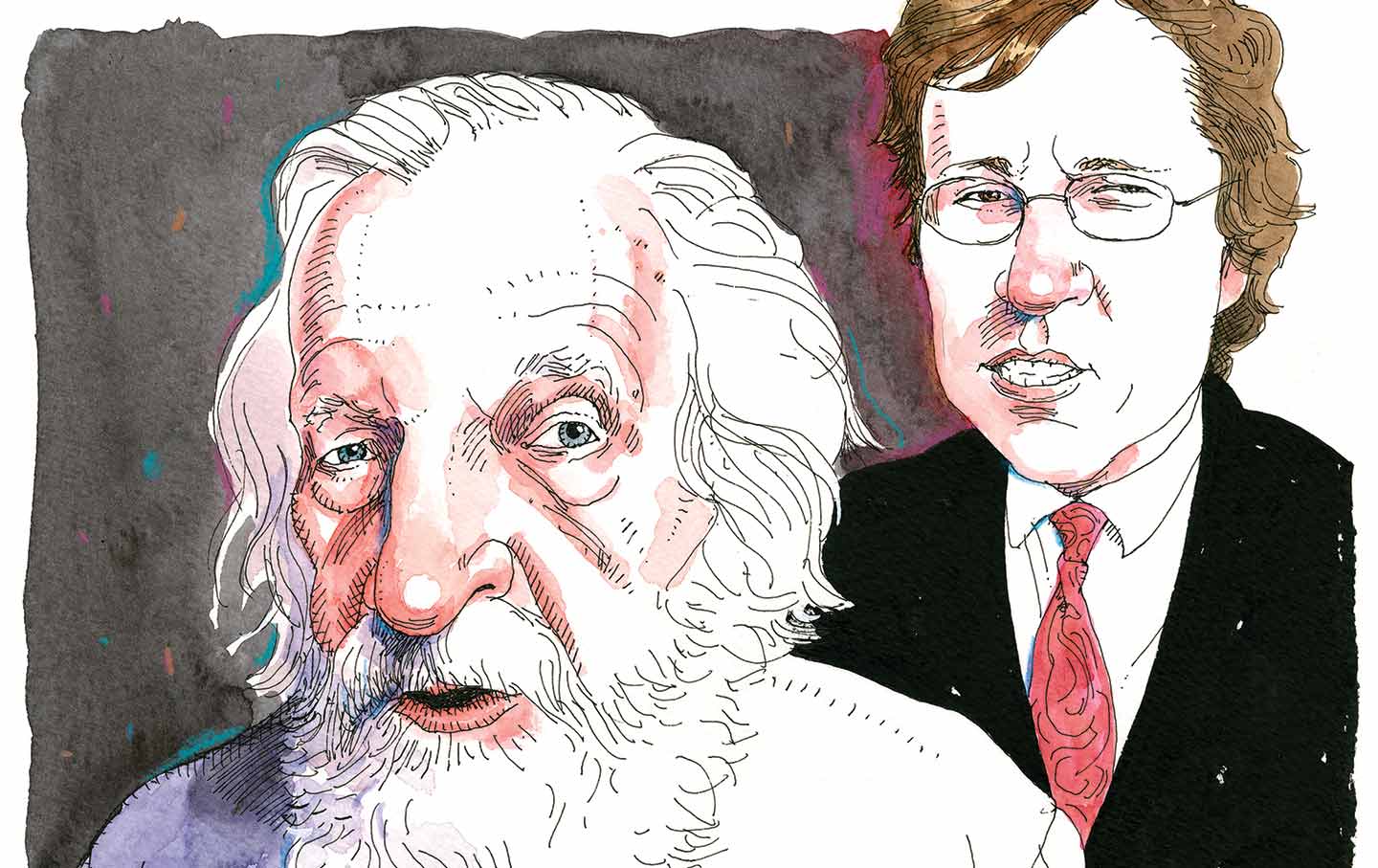The Worlds of Noam Chomsky

Empire's Critic
Noam Chomsky and the American Empire
In the court of public opinion, Noam Chomsky is arguably the most renowned critic of the American Empire.
"The Myth of American Idealism: How U.S. Foreign Policy Endangers the World" is his latest book, which summarizes and condemns the United States' worldwide impact since becoming a global superpower.
Chomsky's Intellectual Journey
Chomsky's intellectual journey began during World War II, when he examined fascism's spread and its terrifying consequences.
His influential essay, "The Responsibility of Intellectuals," was a response to how scholars at Harvard and MIT aligned themselves with the Kennedy administration's policies, regardless of their actual value.
The Illusion of Benevolence
Chomsky and Robinson dismantle the "myth of American idealism," arguing that the United States has not been a benevolent force in the world since the 1940s.
They present a horrific chronology of American interventionism, from Greece to Vietnam to Iraq, highlighting the countless deaths and devastation it has caused.
Propaganda and Public Opinion
Chomsky and Robinson analyze the influence of propaganda on public opinion, arguing that the American mass media has long manufactured consent for US foreign policy.
However, they question whether the myth of American idealism still holds sway, given widespread skepticism of US hegemony and the prevalence of mass and social media.
The Limits of Protest
While Chomsky and Robinson emphasize the significance of mass protests, they acknowledge that they have not been enough to significantly alter US foreign policy.
They argue that the US national security state has been specifically designed to shield itself from public influence, so resisting it will require political power.
Rethinking the Anti-Imperialist Strategy
The authors criticize the left's reliance on information politics and mass protests, urging for an "institutionalist understanding" of state power.
They contend that the American Empire will not be reformed or ended until state power is used to challenge the ruling elite and the institutions that support its foreign policy agenda.
By Daniel Bessner
Daniel Bessner is an historian of US foreign relations, and cohost of American Prestige, a podcast on international affairs.